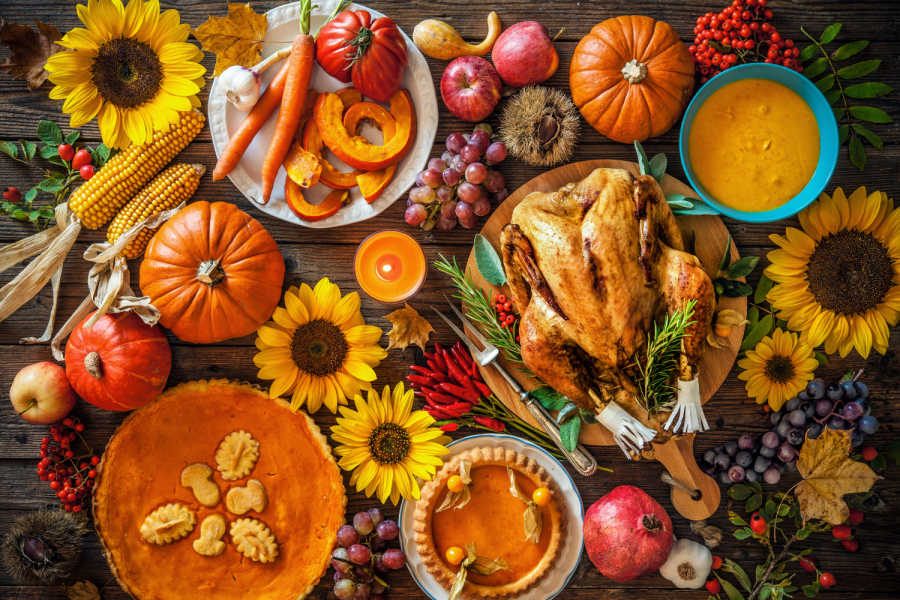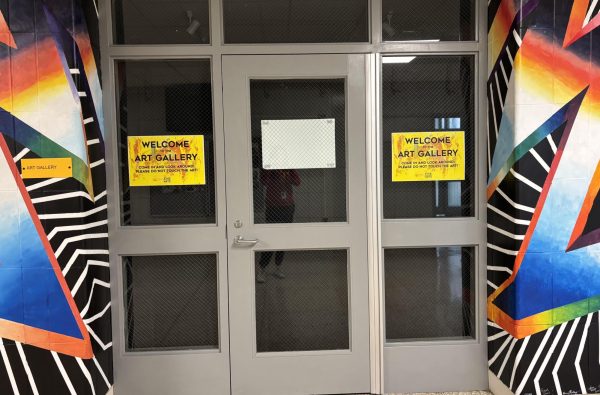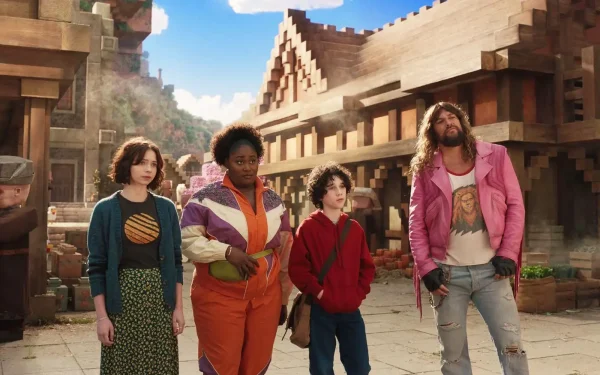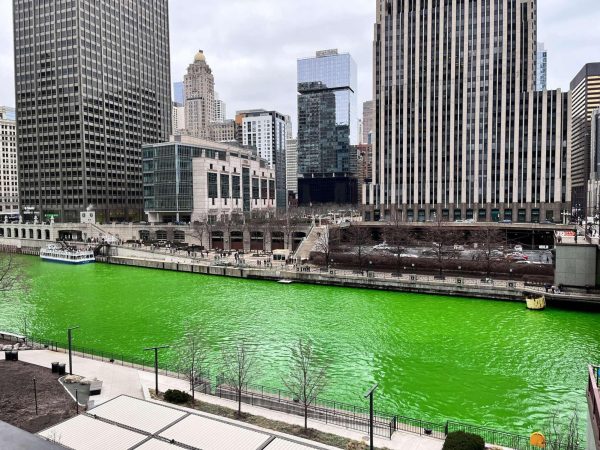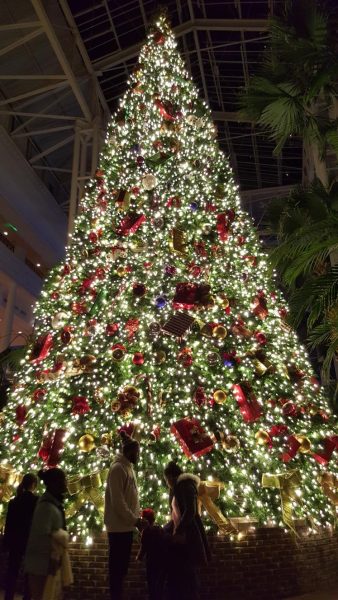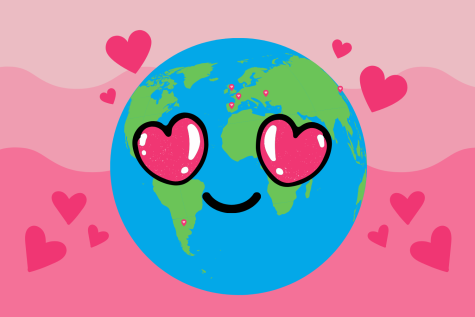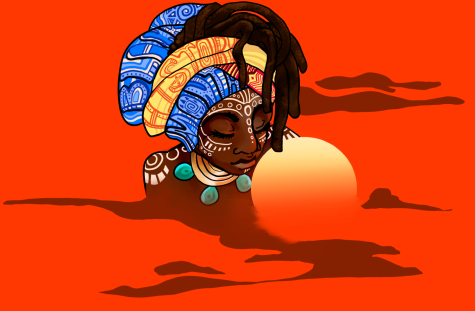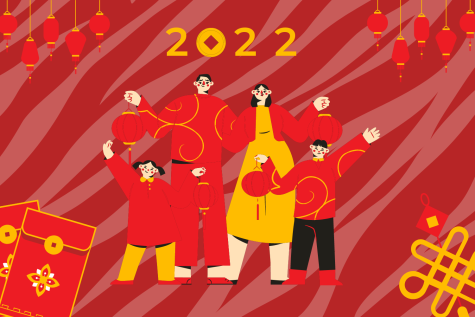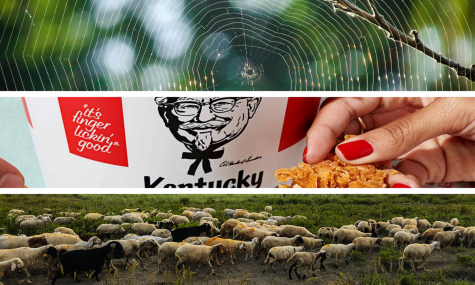Thanksgiving Then and Now
Thanksgiving: the big event many of us have celebrated since we were little. We all gather around the table and eat a delicious meal with our family. But beyond just familial traditions, this holiday plays a unique and fascinating role in American history.
For one, Thanksgiving wasn’t always a national occasion. Before 1863, colonies and states would celebrate Thanksgiving individually. This changed amid the Civil War when Abraham Lincoln decided that Thanksgiving should be a holiday held each November to “heal the wounds of the nation.”
Long before that, in September of 1620, a group of men and women seeking religious freedom (known today as the Pilgrims) boarded a small ship called the Mayflower. They departed Plymouth, England, and arrived in Massachusetts Bay sixty-six long, arduous days later. It quickly became apparent how unprepared the Pilgrims were for life in the New World. Fortunately, they met Squanto, a Native American belonging to the Patuxet tribe, who taught the Pilgrims necessary survival skills, such as how to fish, harvest crops, get sap from trees, and steer clear of poisonous plants.
In November 1621, when the Pilgrims finally yielded a successful harvest thanks to Squanto’s help, a great feast was held. Native Americans and Pilgrims came together in what is considered the first Thanksgiving in American history.
However, as much as we love to eat pies and cakes at our meal, that was simply not possible for the Pilgrims and Native Americans, as they did not have ovens or much sugar. Instead, they feasted primarily on deer, corn, and seafood. The next Thanksgiving wasn’t held until two years later to celebrate the end of a drought that had threatened crop yields.
By now, Thanksgiving has become a staple of November, celebrated in households all across the country each year. It is an opportunity to spend time with loved ones, and eat to our hearts’ content. It is also a time to reflect on what we are most grateful for and appreciate what we have, which has rarely felt more relevant than in a global pandemic.
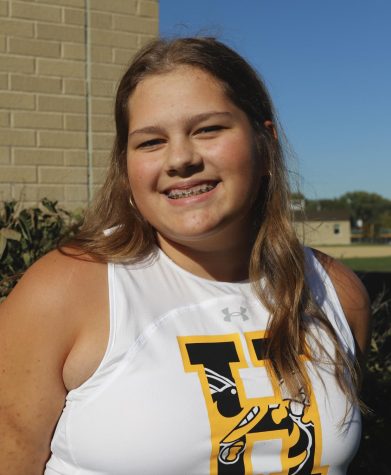
Sophomore Maya Chrzanowska is a Staff Writer in her second year on Stinger. Maya is an essential player for Girls' JV I Tennis and Girls’ Freshman Badminton....

